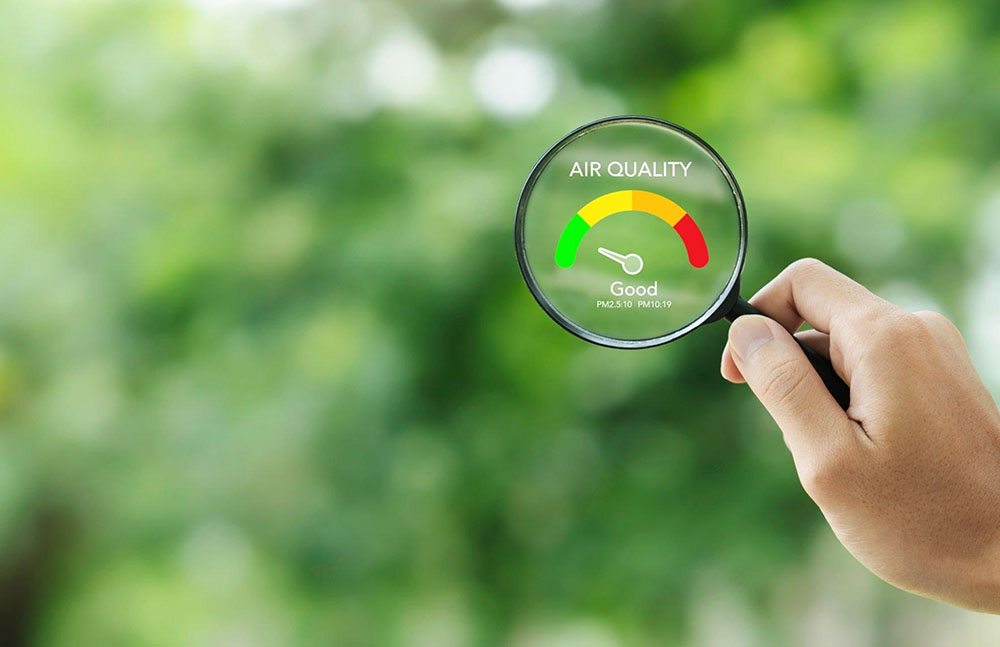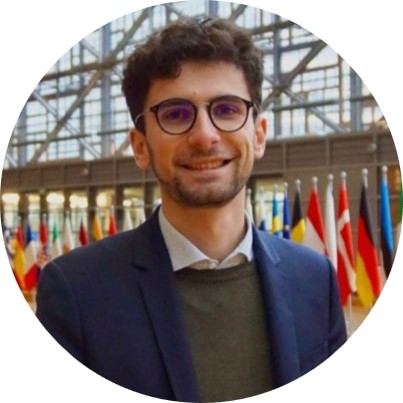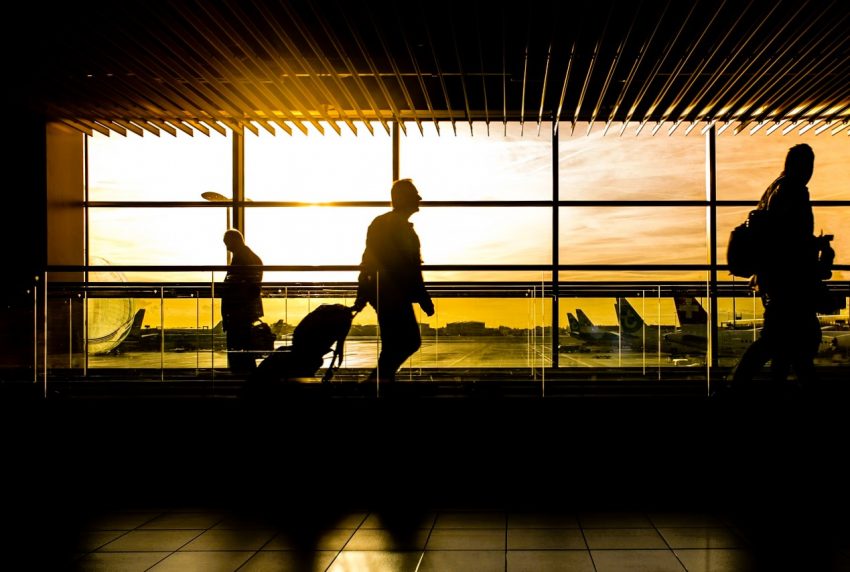An opportunity to support local businesses and local communities
12% of passengers flying out of European airports are business travellers, making 30% of the travel volume across Europe (due to frequent flying)[1]. While flying is a catalyst for successful business, it comes at an environmental cost that corporates and businesses are being increasingly scrutinised for. Yet, the good news is airports have solutions to offer to reduce aviation related emissions while contributing to ongoing cutting-edge research. This blog post specifically explains how airports can explore the potential of Corporate Social Reporting (CSR) and sustainable aviation fuel (SAF) to address the impact of business travel while improving the day-to-day wellbeing of local communities.
RefuelEU & CSR goals – a happy marriage
If you are reading this blog, you have most likely heard about RefuelEU. Therefore, you will know that it mandates the use of SAF across all union airports[2] by January first 2025. As of this date, RefuelEU sets a transitional period, the so-called book and claim period, during which SAF can be bought at one airport while claimed at another one. The transitional period will come to an end on 31st December 2034. Getting SAF at every union airport by this date is a challenge the industry should start thinking about.
Corporate social responsibility (CSR) goals create a momentum to increase SAF availability at airports by advancing Airport – Corporate partnerships.
While only large companies are bound to fully implement ESG goals under the EU CSR Directive (CSRD)[3], all businesses are highly encouraged to commit to CSR goals to showcase the actions taken in this regard; it has even come to be the licence to operate for many. For companies where business travel is a significant part of their emissions, decarbonising corporate travel is critical and SAF is currently the main lever to pull.

Decarbonising corporate travel through local SAF uptake
As a facilitator for air travel, airports can contribute by acting as an intermediary between fuel suppliers and corporates willing to purchase SAF. This solution also directly supports SAF scale up at the airport. Examples of such intermediary actions include:
- Communicating to corporates about what SAF can achieve (and what it cannot);
- Raising awareness on the benefits of uptaking SAF, especially locally (e.g. on the airport site).
In practice, airports could also, for instance, set up a blockchain system that allocates a SAF batch purchased by a fuel supplier to corporates willing to mitigate business travel.
By taking such actions, not only will airports reduce their scope 3 emissions, critical in reaching net zero targets, but they can also lead by example, and ensure them and their partners are aligned with the ReFuelEU regulation in time. Global SAF uptake fundamentally contributes to a brighter future in the aviation industry, which may be intrinsically linked to how corporate’s own business may flourish. However, incentivising local SAF uptake goes one step further for local communities and airports to benefit from the full potential of SAF.
On top of decarbonising the aviation sector, local SAF uptake supports the local supply chain and job creation. Above all, SAF uptake has shown to improve local air quality, though more research is needed[4]. Therefore, by purchasing SAF and uptaking it on the airport site, local businesses not only support local actors but will also have a positive impact on their immediate territory.

Contributing to state-of-the-art research
Increasing research is being performed on how SAF may improve local air quality (e.g. Particulate matters, Sulfur). Studies have recently been conducted on the non-CO2 impact of SAF by the EU Alight project, DLR and To70, among others, which showed promising results[5] [6]. One main finding is that high blend ratios are necessary to have a substantial impact on local air quality.
Starting an airport-led SAF purchase can be the opportunity to set-up a partnership with a research institute, specialised in local air quality assessment. Such partnerships could lead to more clarity on local impacts of SAF through tests with different uptake scenarios (10, 15, 20% or more SAF blend) to evaluate the effect on air quality around airports. This also shows the effort of the airport to engage with local communities and improve their everyday well-being, therefore advancing their own CSR goals.
At To70, we are committed to supporting airports in adopting strategies to reduce their environmental footprint and to advance aviation industry-wide climate goals, such as SAF deployment. In this regard, To70 has been actively contributing to SAF deployment within, for instance, the European-funded project Stargate[7] as well.
By applying global knowledge to identify tailored solutions, To70 works relentlessly with its partners to advance future proof solutions for the aviation sector.
Bibliography
[1] Corporate travel | Transport & Environment (transportenvironment.org)
[2] Airports where the yearly passenger traffic is higher than 800.000 passengers or where yearly freight traffic exceeds 100.000t
[3] Publications Office (europa.eu)
[4]How sustainable are SAF? | EASA Eco (europa.eu)
[5] BIOFUEL IMPROVES AIR QUALITY – SAS (sasgroup.net)
[6] RSB and To70 publish case study on the non-CO2 impact of sustainable aviation fuels – RSB
[7] Home — Stargate (greendealstargate.eu)

ABOUT THE AUTHOR
Valentin is an aviation consultant for To70 with a background in European affairs and growing expertise on sustainability topics as well as their day-to-day implications on airport operations. He participated to a variety of projects on sustainability (ACA program, Net Zero roadmap, non-CO2 study) and more generally supported airports and governments in addressing key challenges, such as noise, land-use change, and daily operational efficiency.
Check out our open vacancies around the globe!


Stake Online Casino gameathlon.gr is considered one of the top online gambling platforms since it was one of the first.
Online gambling platforms has expanded significantly and players have a vast choice, not all online casinos offer the same experience.
In this article, we will examine the best casinos accessible in Greece and the benefits they offer who live in Greece specifically.
Best online casinos of 2023 are shown in the table below. Here are the top-ranking gambling platforms as rated by our expert team.
For every casino, make sure to check the legal certification, security certificates, and security protocols to confirm security for all users on their websites.
If any important details are missing, or if we have difficulty finding them, we avoid that platform.
Software providers also play a major role in choosing an internet casino. Generally, if the above-mentioned licensing is missing, you won’t find reputable gaming companies like Microgaming represented on the site.
Reputable casinos offer both traditional payment methods like Mastercard, and they should also offer e-wallets like Paysafecard and many others.
На этом сайте предоставляет поиска занятости в разных регионах.
На сайте размещены свежие вакансии от проверенных работодателей.
Сервис собирает объявления о работе в разнообразных нишах.
Удалённая работа — выбор за вами.
https://my-articles-online.com/
Навигация простой и адаптирован на всех пользователей.
Оставить отклик не потребует усилий.
Ищете работу? — просматривайте вакансии.
hZwtnY YAbWv fUR kEjqt taUkj bOPnRR